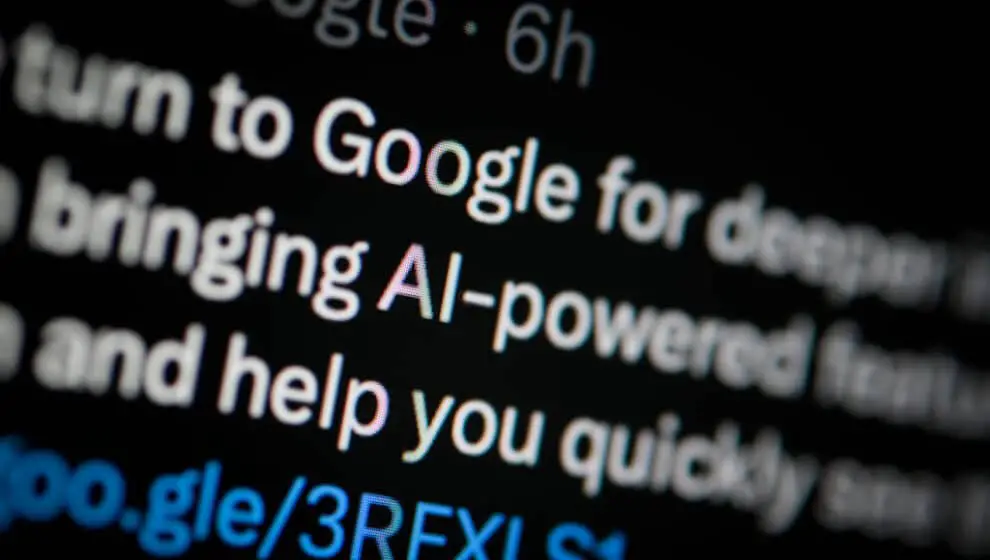The AI arms race is well underway, but the race to monetize the technology is nowhere near complete.
Key Details
- The rise of AI generation in apps like Dall-E and ChatGPT has popularized the technology in the past three months, as the technology has become publicly available and spread virally.
- It is only a matter of time before these technologies can be monetized and profitable. It is unclear what that market will look like yet. As Axios notes, the early adopters could face a dangerous money sink and losses.
- Developers are already searching for new ways to implement and monetize AI, creating tools and adding them to search engines, advertising, subscriptions, customer service, and financial services.
Why It’s Important
Microsoft and Google are two of the first companies to enter the marketplace in a big way with AI applications. Microsoft has partnered with OpenAI to implement ChatGPT into multiple functions—including its Bing search engine and customer-service features. Google revealed its Bard AI in early February to compete against it. The Chinese Baidu search engine is set to release its own AI variant in March.
The race has given these tech giants a first-mover advantage in the arms race, but dozens of startups and developers have their own AI applications already. Startups may have an easier time navigating this new economy than larger and slower corporate entities. The global economy is rushing to catch up and find new ways to successfully implement technology into all facets of technological life.
The Problems
This rush will come with downsides, Axios notes. AI requires heavy processing power, which means that companies will need to find methods of monetization to keep up with costly operational expenses. Microsoft and Google are already well underway finding new services that they can implement AI into and sell on the market. It is thus unlikely that these technologies will be free programs available to the public for much longer.
Early indications would suggest that the technology still has a long road to mass application and success. ChatGPT and Bard have proven to have severe limitations that limit their ability to operate beyond specific parameters. Technology cannot think creatively, consistently cites information incorrectly, and begins to malfunction and respond erratically the longer it is engaged.
